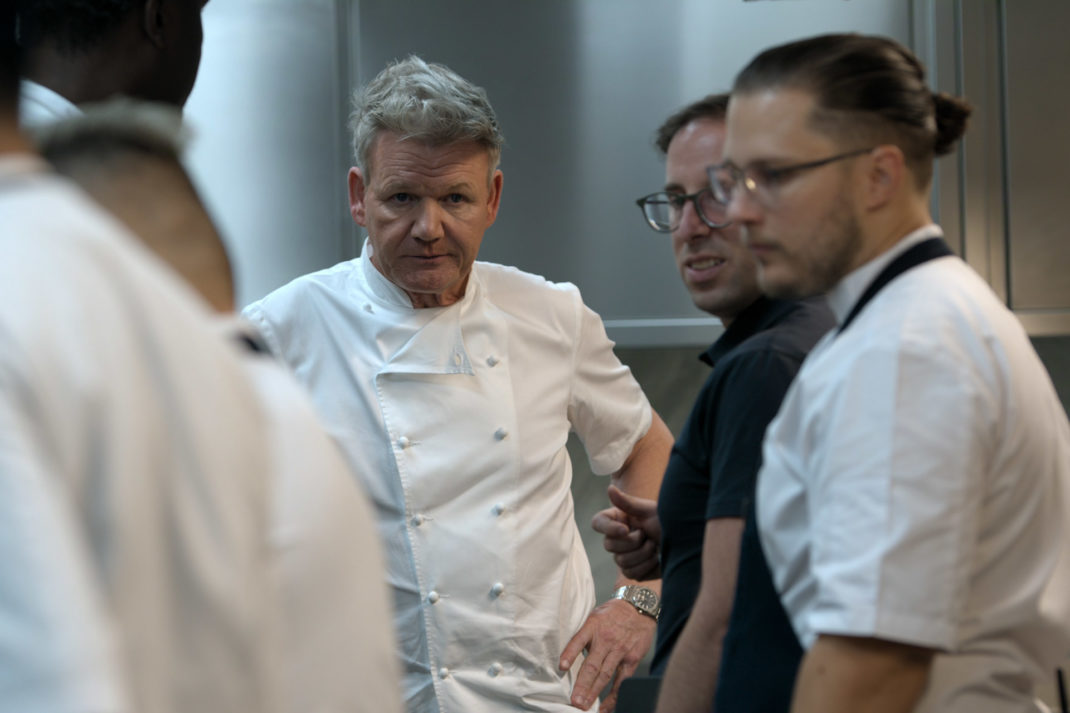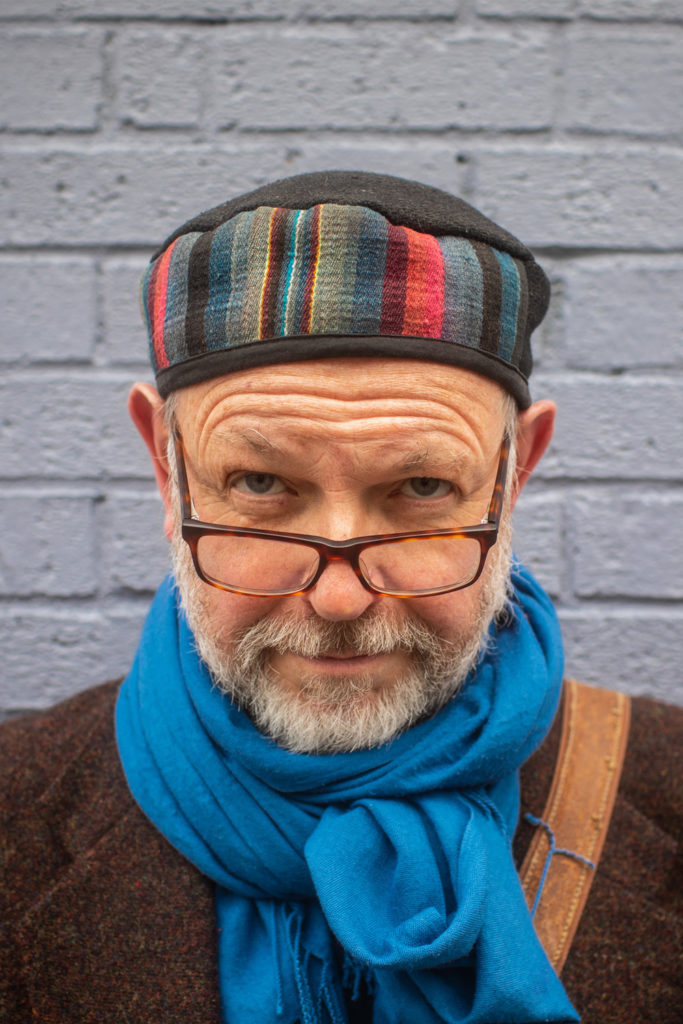The Green Coach: Can I Really Make a Difference?
By
3 years ago
Lucy Johnson explains how small personal changes can have a long-term impact
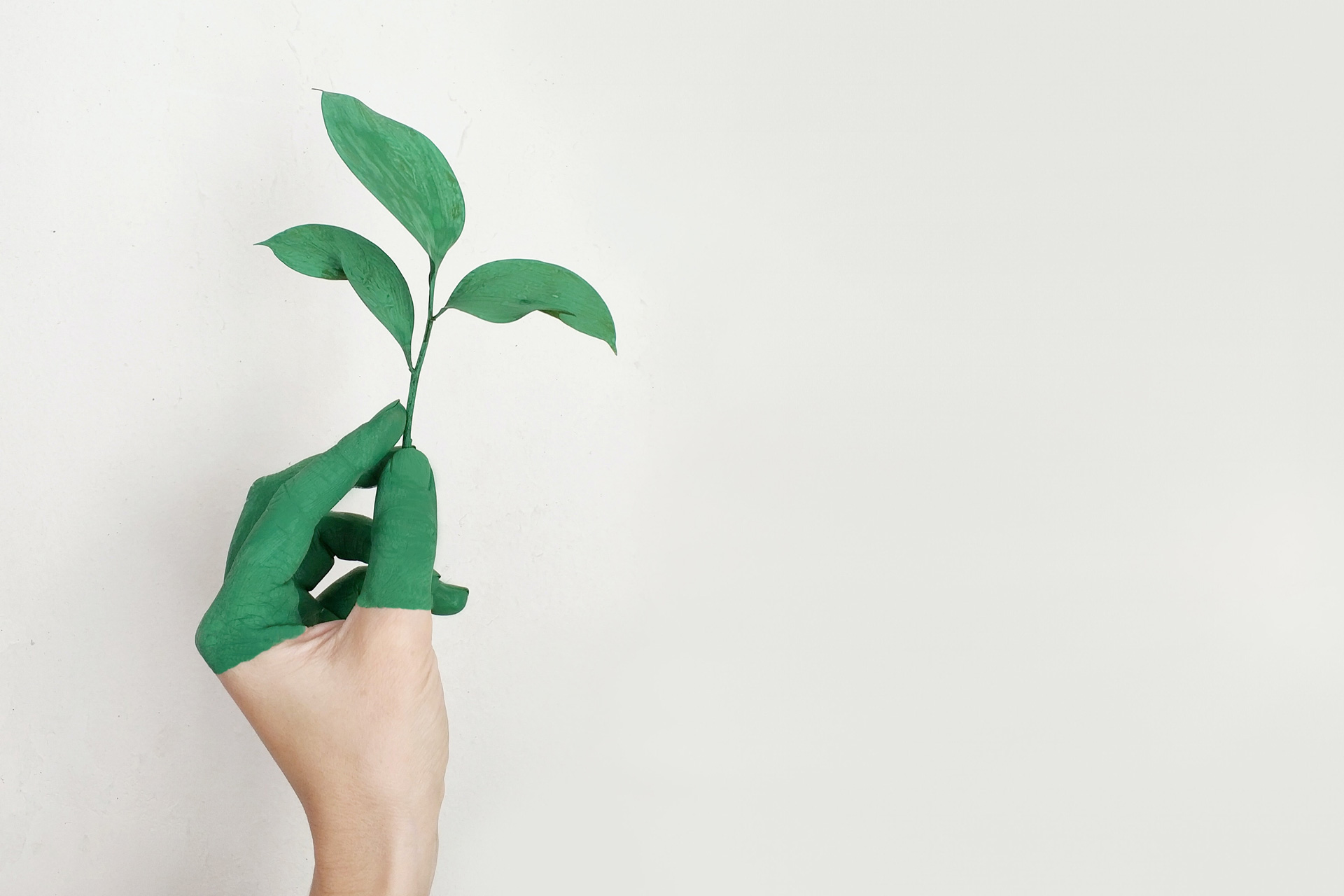
Ever been hit by eco-guilt for buying plastic-wrapped food? Or felt eco-confused over whether an aluminum can or a glass bottle was greener? Look no further. In our monthly column, Lucy Johnson, psychotherapist and founder of sustainable lifestyle consultancy Green Salon, will be tackling all our biggest questions and confessions about the complexities of living a greener life. Up this month: can individuals really make a difference when it comes to saving the planet?
The Green Coach: Can I Really Make a Difference?
Dear Lucy,
I do quite a lot of things in my life for the environment. But I can’t shake the feeling that it’s never enough. The climate crisis is so massive and so complex that I feel I can’t make enough of a difference to really count.
Jim
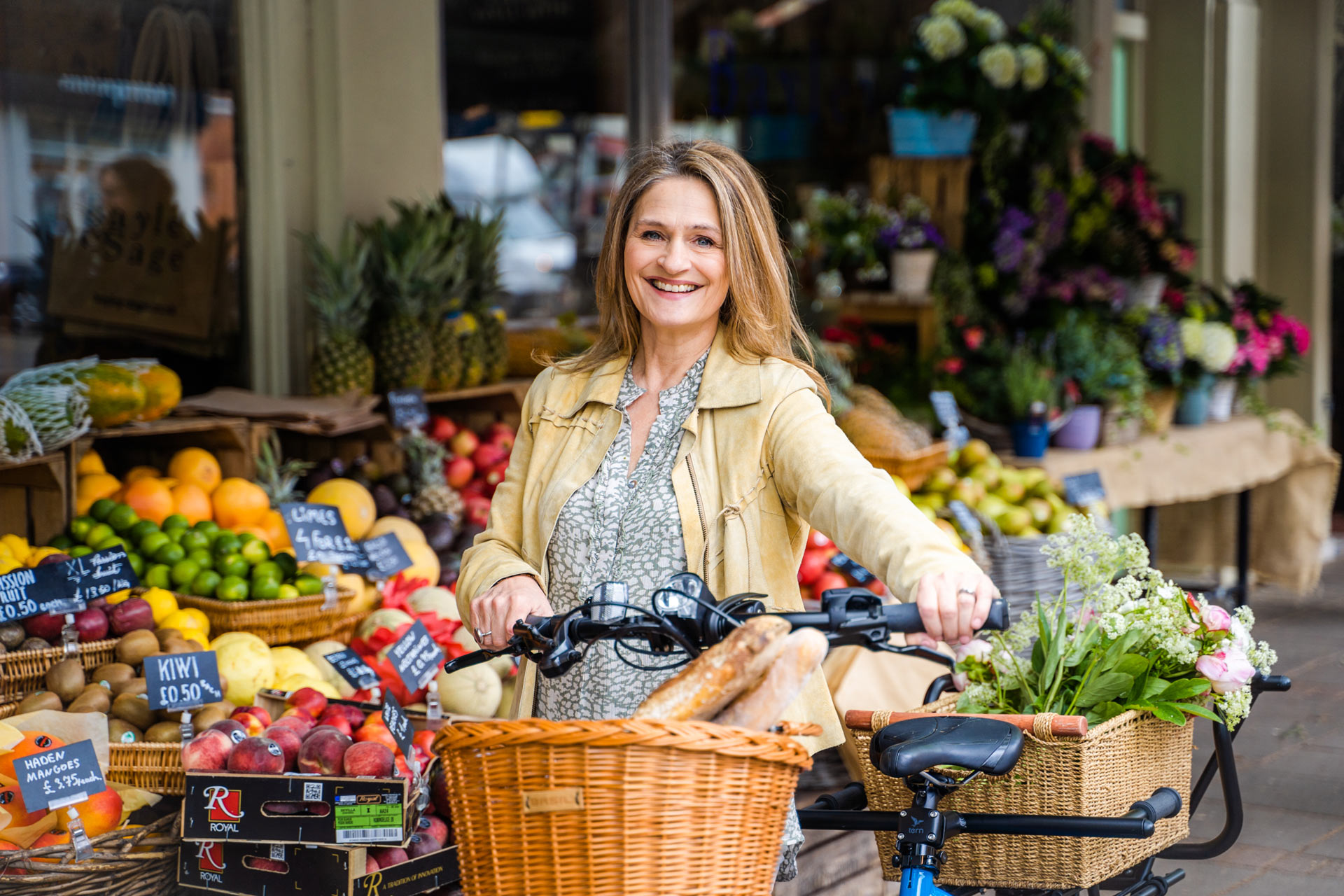
Lucy Johnson, by Vicki Knights
Dear Jim,
You’re not alone in feeling this way, I can assure you. The reality is that the climate crisis is massive and hugely complex and compared to it, you are but one small person. However, looking at the situation this way, can feel pretty overwhelming and, as you say, as if we can never do enough, which is ultimately demotivating.
Of course, if you were the only person on earth doing something, it would be utterly pointless. But in the same way that you are not alone in feeling this way, you are also not alone in taking action. Millions of people around the world are now taking steps towards a greener life: buying more vintage and pre-loved, lowering their energy use, switching to EVs and easing plastic out of their lives where they can.
Rather than, therefore, seeing yourself as a single entity, it can help immeasurably to see yourself as a part of a collective effort. What we’re seeing around the world is that as more people adopt a more sustainable life, they normalise this way of living for others around them, which increases the rate of adoption in what’s known as the ripple effect. Think of it a bit like behavioural contagion.
A study by Yale University a few years ago showed the ripple effect in action. It studied households in Conneticut who had put a solar panel on their roof and found their next-door neighbours were 44 percent more likely to install one too. A graph illustrating the effect showed concentric circles of solar panels leading out from the original installations, like ripples on a pool.
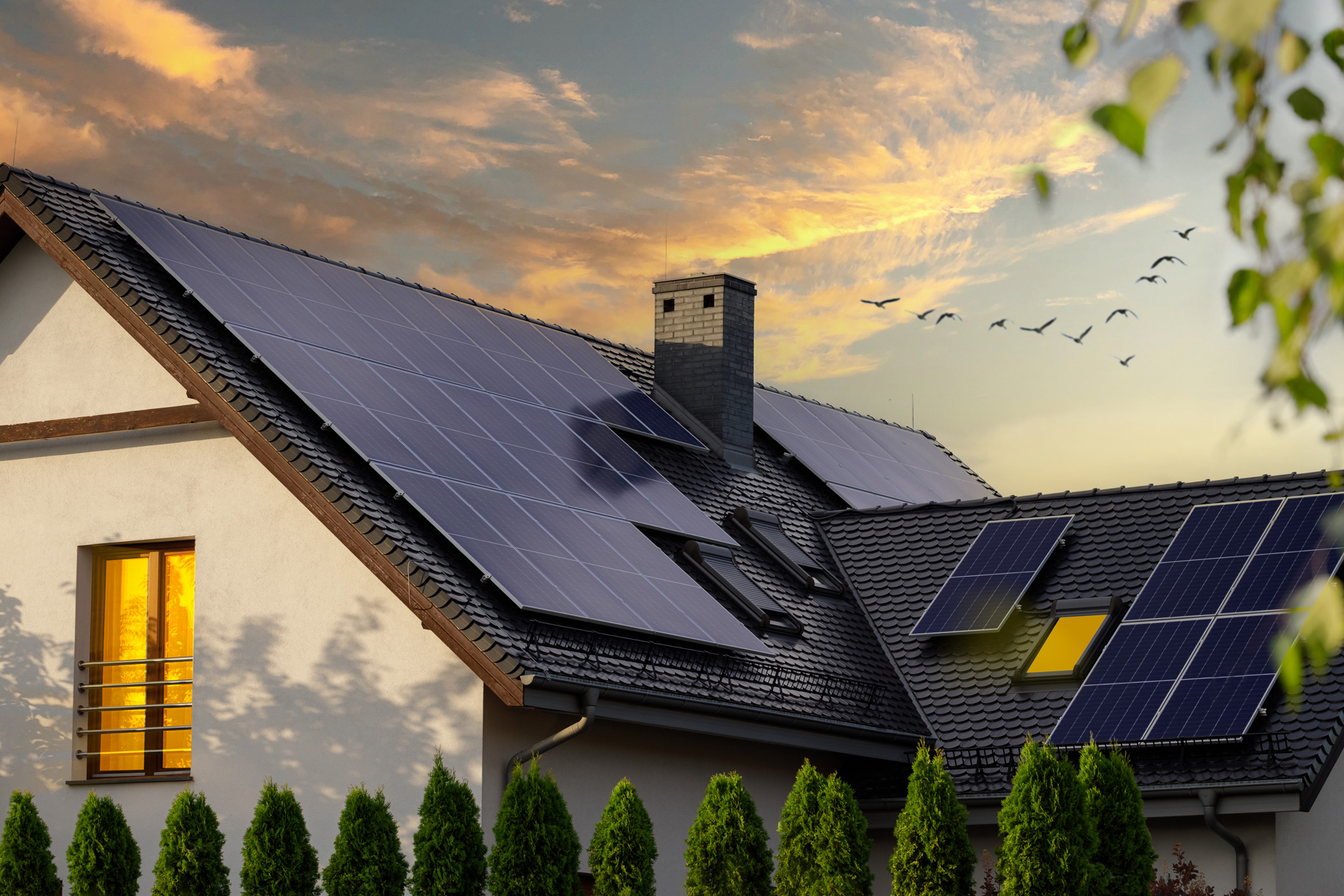
Getty Images
You might be wondering just how long all this is going to take when there are billions of us on the planet? Clients often ask me: do we have time to transition our behaviour en masse before the worst effects of climate change? They’re not the only ones wondering that. Social scientists in the US have been studying game theory and assessing whether once a committed minority reaches a certain group size – or a ‘critical mass’ – it changes the prevailing social norms.
Researchers at the University of Pennsylvania found, in repeated experiments, that this social tipping point, where the size of the minority could alter the views of the majority, was 25 percent of the group – or one in four. By the sounds of it, you are that one in four which, I’m guessing, feels much more achievable than one in eight billion!
It also helps to focus on the small steps. The ancient Chinese proverb ‘a journey of a thousand miles starts with a single step’ is often seen as a reminder to make a start. But psychologists working with athletes and high performers to focus their minds use this concept for dealing with overwhelm. Rather than looking at the totality of what you are attempting to achieve, you focus on the next task or the next exercise. This stops our minds from being distracted by the enormity of the task and helps it quieten down and get on with what it needs to do. None of us can bear the weight of the world on our shoulders. And it’s not healthy for us to try.
I work with clients to help them come up with a plan for living a greener life over the next few years. To do this, it pays to sit down and work out how you can reduce your carbon footprint by, say, 10 percent each year over the next decade. There are easy wins such as switching to a renewable energy provider, like Good Energy or Octopus Energy, which is usually your 10 percent reduction for that year sorted there and then.
Of course, you’re never really going to get your carbon footprint to absolute zero and it will get harder as you get down to the last few tonnes of CO2 as you’ve chipped away at the easy bits first. But over time, the systems around us, like transport and heating, are themselves decarbonising so you will get to a lower footprint then than you can do now.
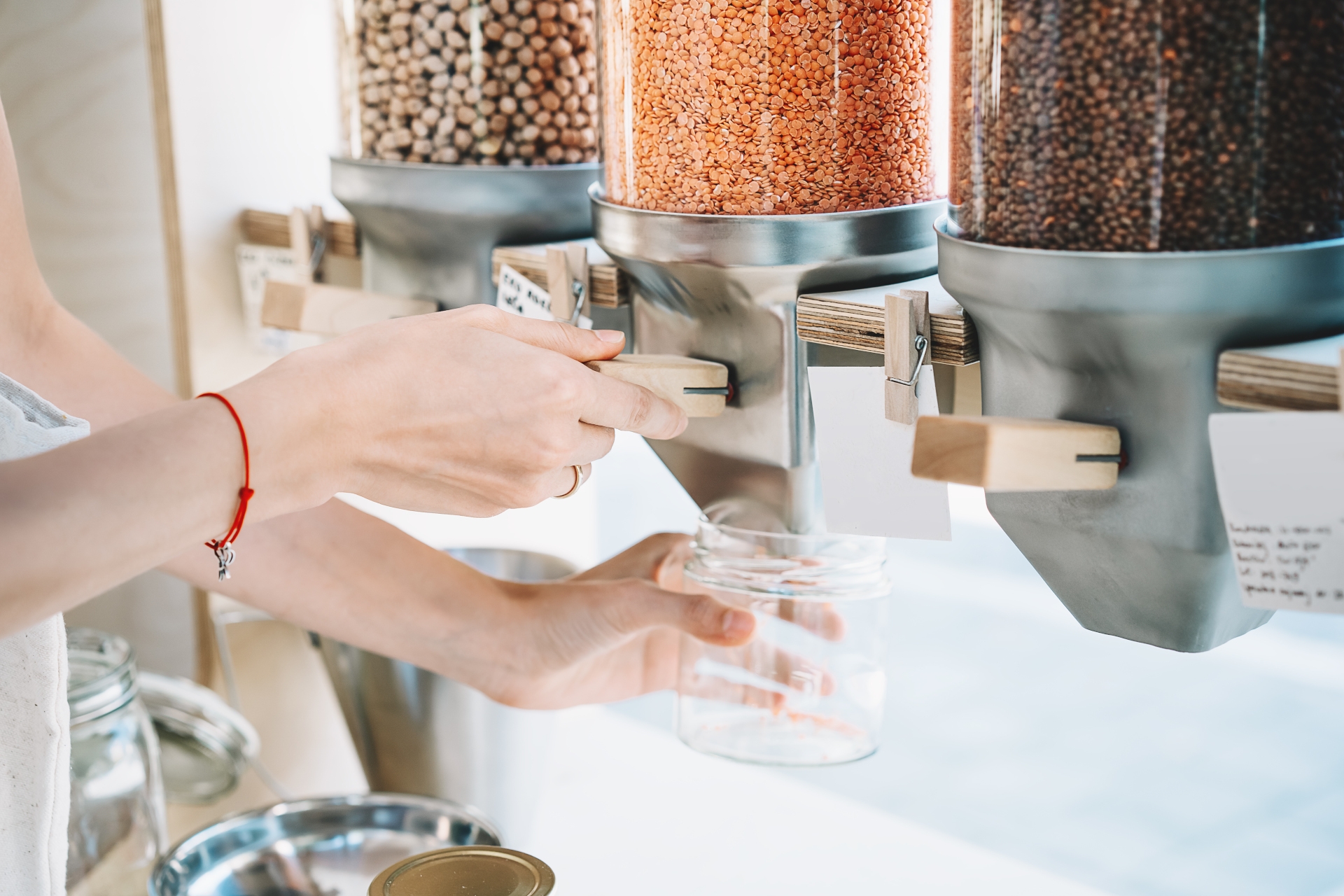
(c) Getty Images
You can also create a plan around your financial investments, to make sure they’re aligned with your values on decarbonisation, or look at other less sustainable ways of living, such as reducing your plastic by a certain percentage over time. Then set up the systems that make that happen, like buying refillable cleaning and bathroom products from companies like Bower Collective and SMOL.
Now you’ve got a plan, you can set up your systems, and spend a little time embedding them into your life, and stop worrying! Your plan means you will gradually, and automatically, reduce your impact, and that’s as much as you, or any of us, can do.
Lucy Johnson is the founder of Green Salon, a sustainable lifestyle consultancy, and a qualified psychotherapist. Got a dilemma? Email it to Lucy at [email protected]


